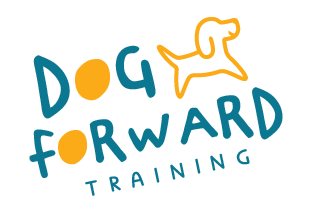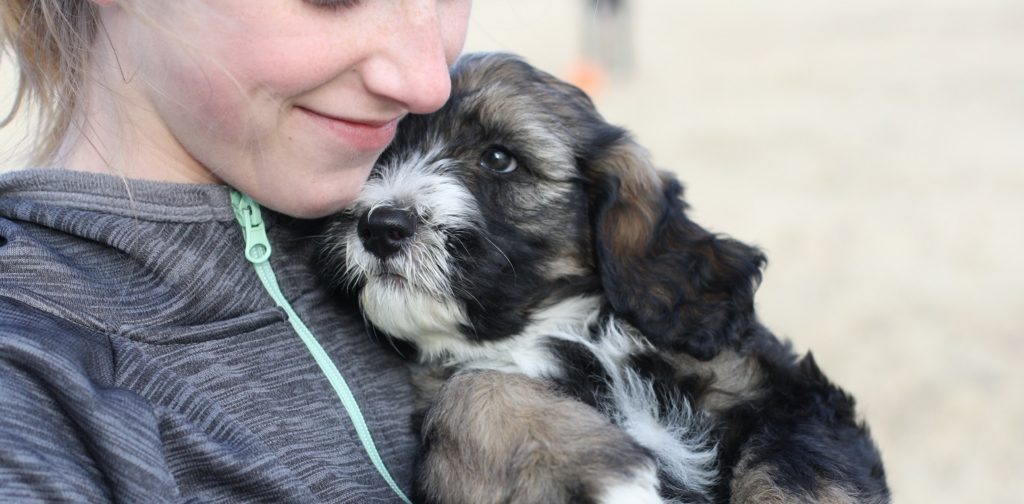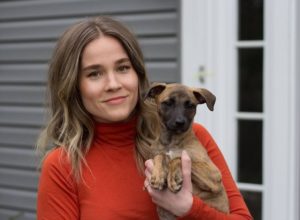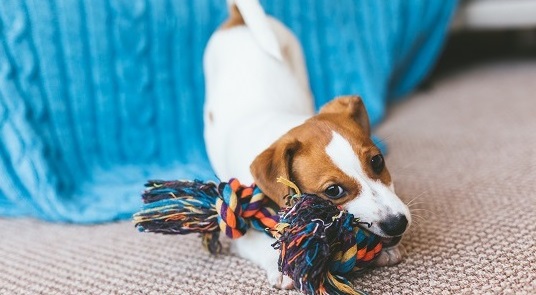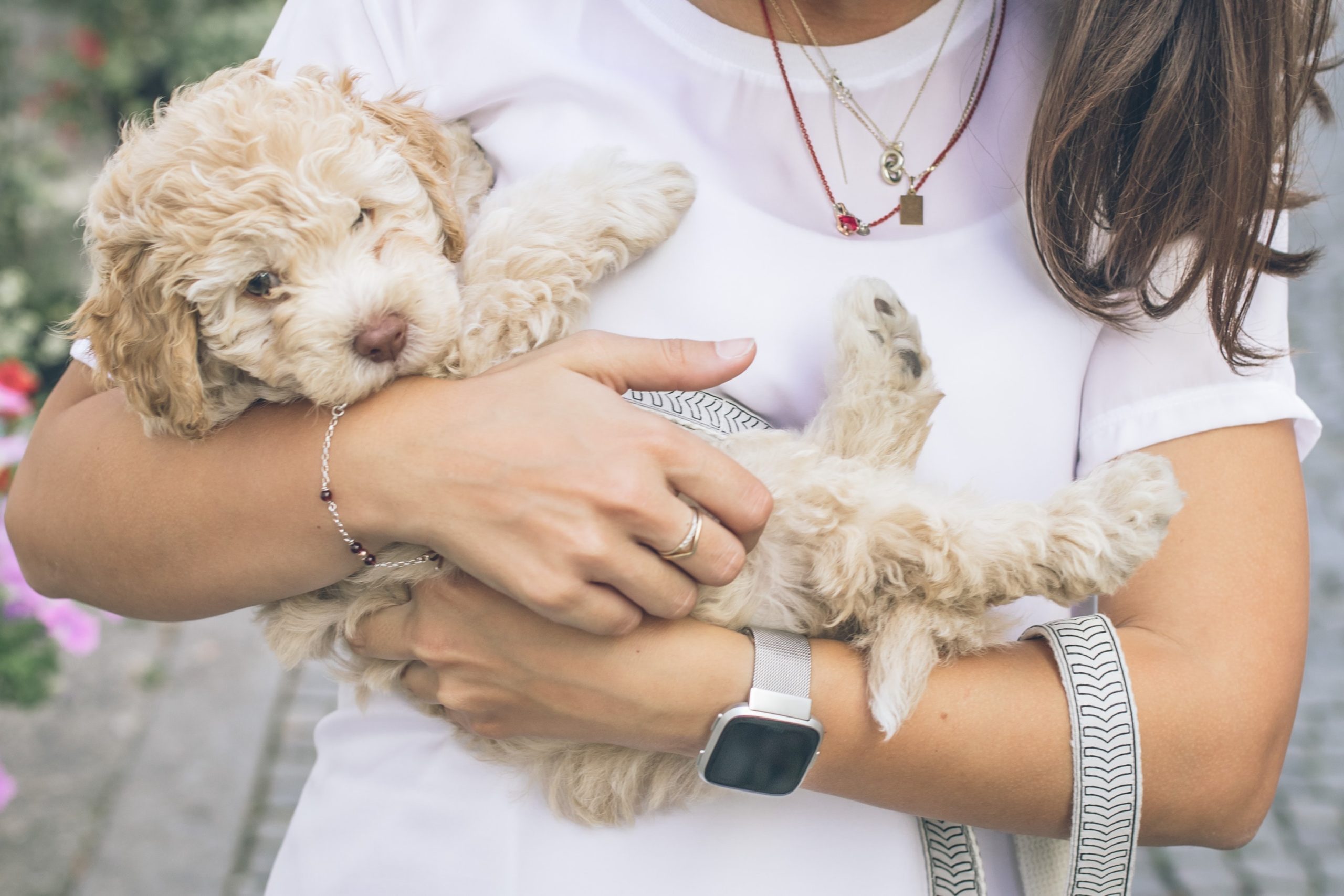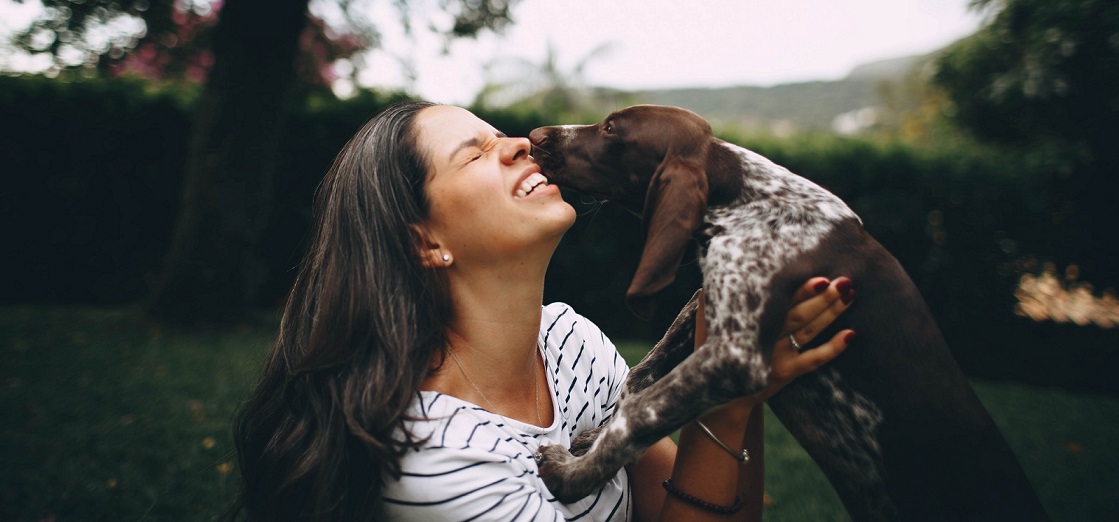You’ve finally brought your puppy home. Maybe you’ve been dreaming of this day for weeks, months, or even years. And now your new furry companion is a reality. Things aren’t quite what you imagined though. Perhaps you imagined you’d feel an instant bond with your puppy, but you don’t. Or your puppy is actually a lot more work than you thought they’d be. That leaves you feeling frustrated. You feel bad even thinking it, but you don’t feel a connection with your puppy. At times, you aren’t sure if you like them at all.
This is normal! Nothing is wrong with you for not feeling an instant bond with your puppy. And you’re not a monster for not liking them. Many puppy owners feel this way, but it can still feel distressing or confusing.
Let’s look at why you may be having these feelings about your puppy and what you can do to help build that connection you had hoped for when you got a pup.
Expectations for Your Puppy
Whether you’re aware of it or not, you have certain expectations of what your puppy will be like. What sharing life with your new addition will be like. This is not a bad thing. But it can set puppy owners up for disappointment once their pup comes home. Readjusting your expectations can help you start to like your puppy a bit more.
Comparing Your Puppy to Other Dogs
Perhaps you got your puppy thinking that they’d be just like a dog you grew up with. Or you got your puppy with the hope that they’d fill the hole your last dog left behind. Maybe you got the same breed of dog as your friend, whose dog you adore.
But your puppy’s personality isn’t at all like that other dog. Your pup is more energetic, more timid, more needy, more vocal. They aren’t as cuddly, or they don’t look at you the same way that other dog did. You don’t recall the other dog ever being so naughty and exhausting! You simply don’t have the same feelings about your puppy as you did about that other dog. Understandably, you feel disappointed by this.
It can help to remember that every dog is a unique individual. Even within the same breed and the same litter, dogs can have very different personalities. Your puppy may not be exactly like that other dog you loved so much, but you can still build a positive relationship with them. The new pup will also have traits that you enjoy, it just might take more time for you to see them.
The Ideal Puppy in Your Head
Maybe you aren’t comparing your puppy to another dog in your life, but to an idea in your mind. Again, this is totally normal. You dream of a pup who will be your best friend. A perfect companion at home and on all your adventures together. Your puppy will understand you intuitively, and vice versa.
But your actual puppy doesn’t make you feel at all how your idea of your puppy did. Your real puppy is a wild Tasmanian Devil who does not listen at all. They’re biting your hands constantly when you try to pet them. They’re waking you up several times a night and you’re sleep-deprived.
The puppy in your head will need to go out to potty every two hours because that’s what the puppy book said. But your real puppy is having accidents on your carpet even though you took them out a half-hour ago.
You look at your puppy and just think, “What are you?!” This is totally not what you imagined when you dreamed of what having a puppy would be like. So it makes sense that you wouldn’t feel connected to the puppy you brought home.
It can feel so disappointing when something you really wanted doesn’t match up to what you thought it would be. This happens in many areas of life. A job. A vacation. A relationship. Acknowledge your disappointment and know that it’s normal for things to not match the idea of the thing you had in your head.
Puppy Reality
When you bring a puppy into your life, it’s a big transition for both of you. You’re bringing a baby animal into your home. A totally different species. That has a lot of needs. And they don’t speak your language. You’re a stranger to them. You have no history together.
I don’t say this to intimidate you or make you feel bad. I say it to help you adjust your expectations and take some pressure off yourself and your puppy. To help you understand why you don’t feel connected to your puppy in the way you may have imagined.
Normal Puppy Development
Sometimes it can feel like your puppy’s behavior is personal. The biting, nighttime crying, destructive chewing, peeing, and pooping all feel directed at you. Like they’re trying to make your life difficult. If you see it that way, it makes sense that you wouldn’t feel a connection to your puppy. Who wants to be friends with someone who’s purposely pushing all your buttons?
The good thing is that none of that behavior is actually personal! Sure, it may be frustrating or annoying, but it’s all part of normal puppy development.
All puppies need to chew. All puppies bite. Being in a crate alone is new to them and crying is a normal response. All puppies have small bladders and can’t hold it very long.
A certified, professional trainer can help you understand your puppy’s needs and learn how to channel that behavior in ways that aren’t frustrating for you.
Building a Relationship With Your Puppy Takes Time
Good relationships take time to grow. Whether with another person or with your puppy, it takes time to get to know each other.
Every puppy has their own personality and quirks, just like you do. It will take time for you to get to know your puppy. To understand their needs and learn how to meet them. And it will also take time for your puppy to understand you. To get to know your behavior and schedule.
If you’re not feeling a connection with your puppy, give it some more time. You’re learning about each other and that’s something you can’t rush.
How to Connect With Your Puppy
If you’re not feeling a connection with your puppy, here are some things you can do to grow your bond.
View your puppy with curiosity. It can be hard, but try to set aside your expectations for you puppy and look at them with a sense of curiosity. Find out what they like and what sort of things are fun and interesting for them. If they don’t like cuddling with you like you hoped, maybe you can connect by playing with toys instead. If your puppy can’t settle in their crate, maybe you try some different bedding to see what helps them feel comfortable. Curiosity can help you cut through disappointment and frustration, and help you grow a connection.
Write a list of things you like about your puppy. I know, this sounds kind of cheesy. But it really can help reframe how you think about your pup. Look for five things you do like about your puppy and write them down. Even things like “it’s nice when he’s sleeping” or “her ears are really soft” can help you start feeling an affinity toward your puppy.
Get help from a professional, positive reinforcement-based trainer. A trainer can help you enjoy your puppy more by teaching you how to meet your puppy’s needs and prevent behavior that is causing you frustration. They can give you support as you learn how to communicate and bond with your pup.
Dog Forward Training offers personalized private training to help puppy owners reduce overwhelm and confusion, so they can enjoy their puppies and build a bond for a fun, harmonious life together. In-home services are available in the Chicago suburbs, and virtual puppy training is available worldwide.
Click HERE to book a free phone consultation. Let’s talk about your puppy, even if you don’t like them (yet).
